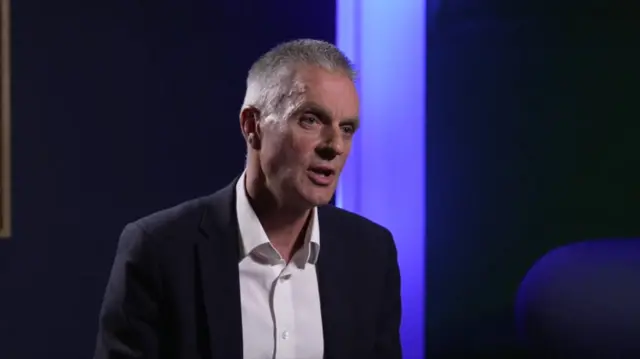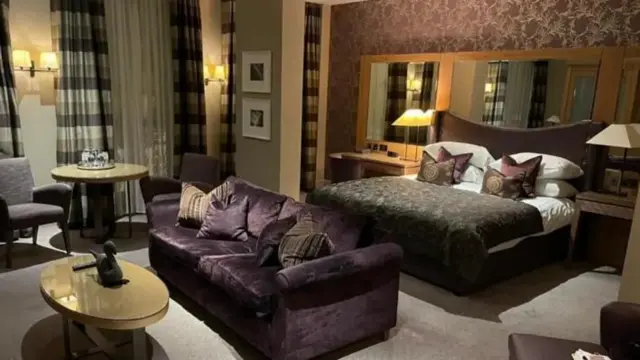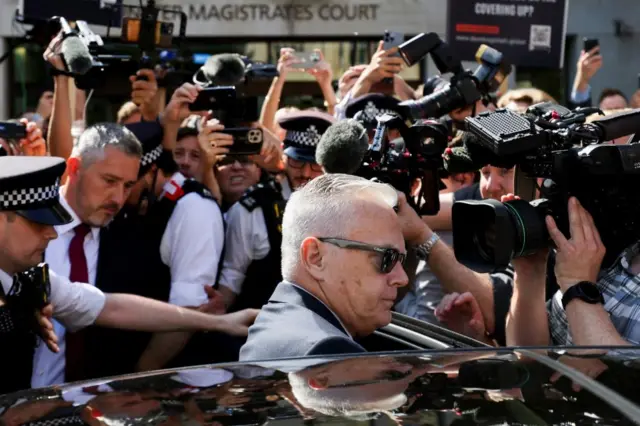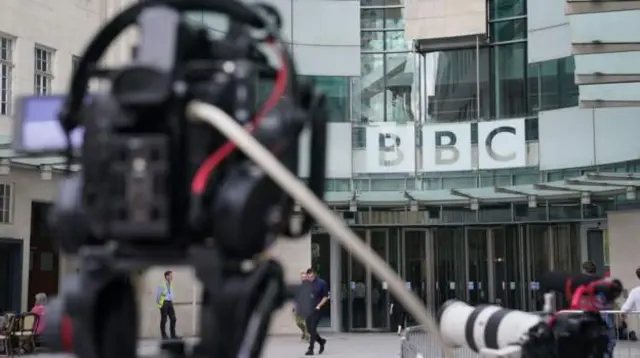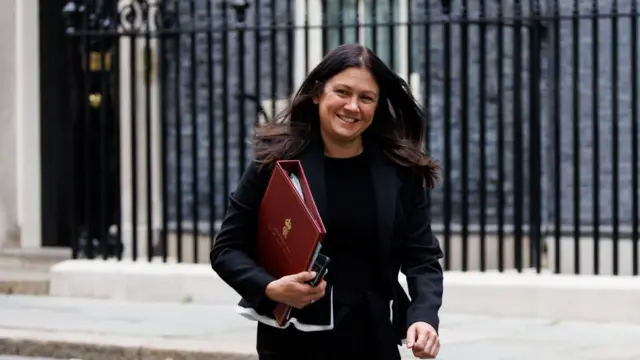We're closing our coveragepublished at 18:37 BST 1 August 2024
Before we go, here's a look at today's developments:
- BBC director general Tim Davie has defended the decision not to sack Huw Edwards, despite knowing the presenter had been arrested in November
- Davie tells BBC News the corporation "knew no specifics, apart from the category of the potential offences"
- The organisation faces mounting pressure over its handling of the situation, with Culture Secretary Lisa Nandy is due to meet Davie
- Prime Minister Keir Starmer was asked about the case earlier at a news conference about the aftermath of the Southport killings. Starmer said he was "shocked and appalled" at Edwards' crimes
- Meanwhile, a BBC employee who gave evidence to the internal inquiry into Huw Edwards has said they are “disappointed” about how the case was handled. The staff member said they did not feel reassured that BBC management have taken steps to deal with internal complaints
If you would like to continue reading about this story, click here.
